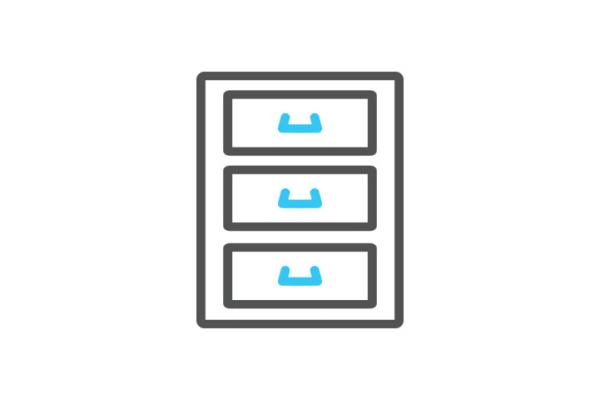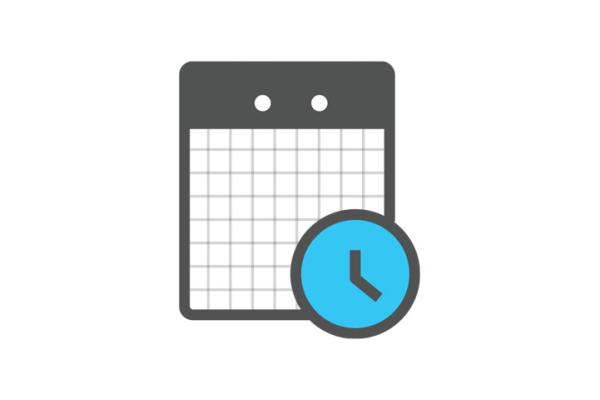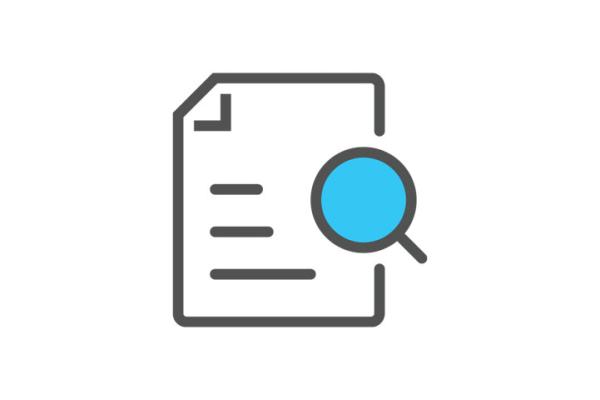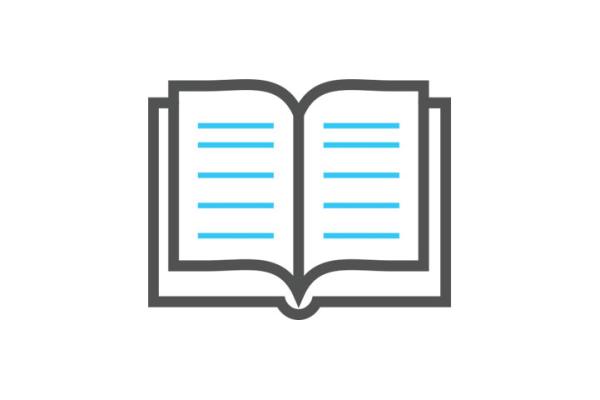Threat assessment and intelligence gathering are at the heart of HERA’s operations. Detecting biological and other health threats soon after they emerge, evaluating their impacts, and identifying potential medical countermeasures (MCMs) are a vital first step before informed counteraction may be taken.
Intelligence gathering on threats and MCMs
HERA aims to strengthen epidemic intelligence, laboratory and diagnostic capacities for the early detection and characterisation of health threats and related medical countermeasures. In particular, HERA is working towards:
Supporting epidemic intelligence from open source
In collaboration with the Joint Research Centre (JRC) and the WHO Hub, HERA supports the technical development of the system for Epidemic Intelligence from Open Sources (EIOS) and represents the Commission in the EIOS coordination group.
Strengthening sequencing capacities
To collect data about pathogens with high pandemic potential that require MCM response, HERA finances projects to strengthen sequencing capacities in Member States. Direct grants to Member States have been awarded for a total worth EUR 39 million, with the main objective to consolidate and further expand Member States’ capacity to identify and characterise SARS-CoV-2 variants – facilitating the integration of genomics-based methods into routine disease surveillance and outbreak preparedness and response.
HERA also supports initiatives to enhance sequencing capacities in low- and middle-income countries in collaboration with Africa Centre for Disease Control (Africa CDC) and with the activities of the Global Health EDCTP3 Joint Undertaking.
Strengthening wastewater surveillance
HERA works to strengthen wastewater-based surveillance and establish efficient data-sharing mechanisms, ensuring relevant information on pathogens with pandemic and/or epidemic potential can be used for evidence-based decision-making. In 2023, HERA launched two key actions to strengthen wastewater surveillance under the EU4Health programme:
- a joint action aimed at strengthening national capacities for pathogen prioritisation, sampling, and integration of wastewater data in surveillance for public health decision making.
- the establishment of a EU wastewater sentinel system to allow for the testing of samples through centralised partner laboratories for multiple serious cross-border health threats in collaboration with the JRC.
In 2024 HERA and the JRC, in cooperation with the Bill and Melinda Gates Foundation andother international partners, , launched GLOWACON, the Global Consortium for Wastewater Surveillance for Public Health.
The mission of GLOWACON is to promote the institutionalisation of wastewater and environmental surveillance within public health systems, and to develop a global sentinel system for epidemic outbreaks. By building on existing local, national, and regional efforts, this system will enable early threat detection, prevention, and real-time monitoring, supporting public health decision-making and pandemic preparedness.
Establishing efficient data-sharing mechanisms
HERA has started working on the development of the ATHINA platform to strengthen the link between health threat detection and the availability of relevant medical countermeasures.
ATHINA will consist of four contrasting functions allowing to collect information on health threats and MCMs, to assess and prioritise threats in relation to MCMs, to map and simulate potential scenarios, and to allow for an adequate response in case of emergency.
The rollout of project is also supported by the EU-HIP program, which helps participating countries to enhance and improve their national IT systems in an efficient and coordinated manner, with the objective to obtain the needed interoperability with ATHINA.
Threat assessment and MCM priorisation
In 2022, HERA developed a list of three high priority health threats that require coordination of measures at the EU level to bolster our response capacities:
- Pathogens with high pandemic potential
- Chemical, biological, radiological, and nuclear threats (CBRN)
- Threats resulting from antimicrobial resistance (AMR)
Following this threat prioritisation exercise, HERA has – in close collaboration with Member States – identified medical countermeasures relevant for responding to the above threats, drawing up a list of over 500 items. Under rescEU, new strategic stockpiles of therapeutics, personal protective equipment, and other critical response equipment are currently being built to complement existing response capacities based on this list.
As a next step, HERA is working to establish a similar list of priority MCMs to guide its supply chain monitoring activities.
Developing of innovative diagnostics
HERA aims to reinforce its horizon scanning and foresight capacities to proactively identify emerging innovations and technologies within the MCMs field. It will also strengthen multinational efforts for the development of innovative diagnostics such as metagenomic next-generation sequencing (mNGS)-based tests that can detect any respiratory viral pathogen, including novel and emerging, from human respiratory samples.




